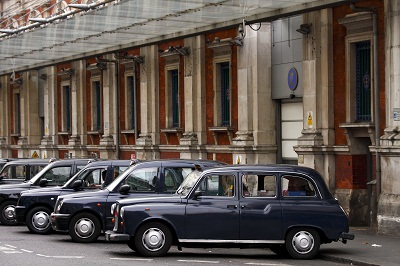
Transport for London, the licensing authority for London’s taxi and private hire industries, has run a consultation over some proposals for regulating minicabs in London.
Alex Chisholm, chief executive of the Competition and Markets Authority, has published an op-ed in the Financial Times explaining his Authority’s position.
I find much common sense in Chisholm’s article. He points out that, according to the proposed new rules,
The locations of nearby cars could no longer be displayed on smartphones. A fixed fare would have to be quoted in advance of all journeys. Passengers would have to wait five minutes to be picked up, even on occasions when there was a car just around the corner. These restrictions risk limiting the very innovations that could make progress possible.
This basically means that Uber will be banned from London’s streets. Chisholm reacts to that scenario, pointing out that “the guiding principle of a competitive market is that the consumer is in the driving seat”.
One of the points he makes is, I think, very profound. He points out that, “Consumers, who often benefit from technological disruption, can struggle to make their voices heard. But watch what they do, and their actions speak loud and clear.”
Dispersed interests in society will never win over concentrated interests, at least in the political process. Only very few consumers may feel so passionate about the benefits Uber or any other service provide for them, to become politically active to keep them alive. If typewriter manufacturers had lobbied for making personal computers unavailable to a population larger than a few professional categories, at the very beginning few would have noticed. We are not very good at estimating how a particular technology will change our lives: particularly before it gets widespread. The vocality of private interests does not prove they’re on the side of the general good.

READER COMMENTS
wd40
Dec 8 2015 at 10:56am
“Dispersed interests in society will never win over concentrated interests, at least in the political process.”
Has Uber lost to the taxicab owners in every city? And Isn’t Uber, with billions of dollars more behind it, a more concentrated interest than the taxicab owners? Have laws against religious and cultural minorities who have concentrated interests against such laws not existed in democratically elected societies? And when taxes are enacted to take more from the one percent (a concentrated interest) isn’t that a violation of the above statement?
Comments are closed.